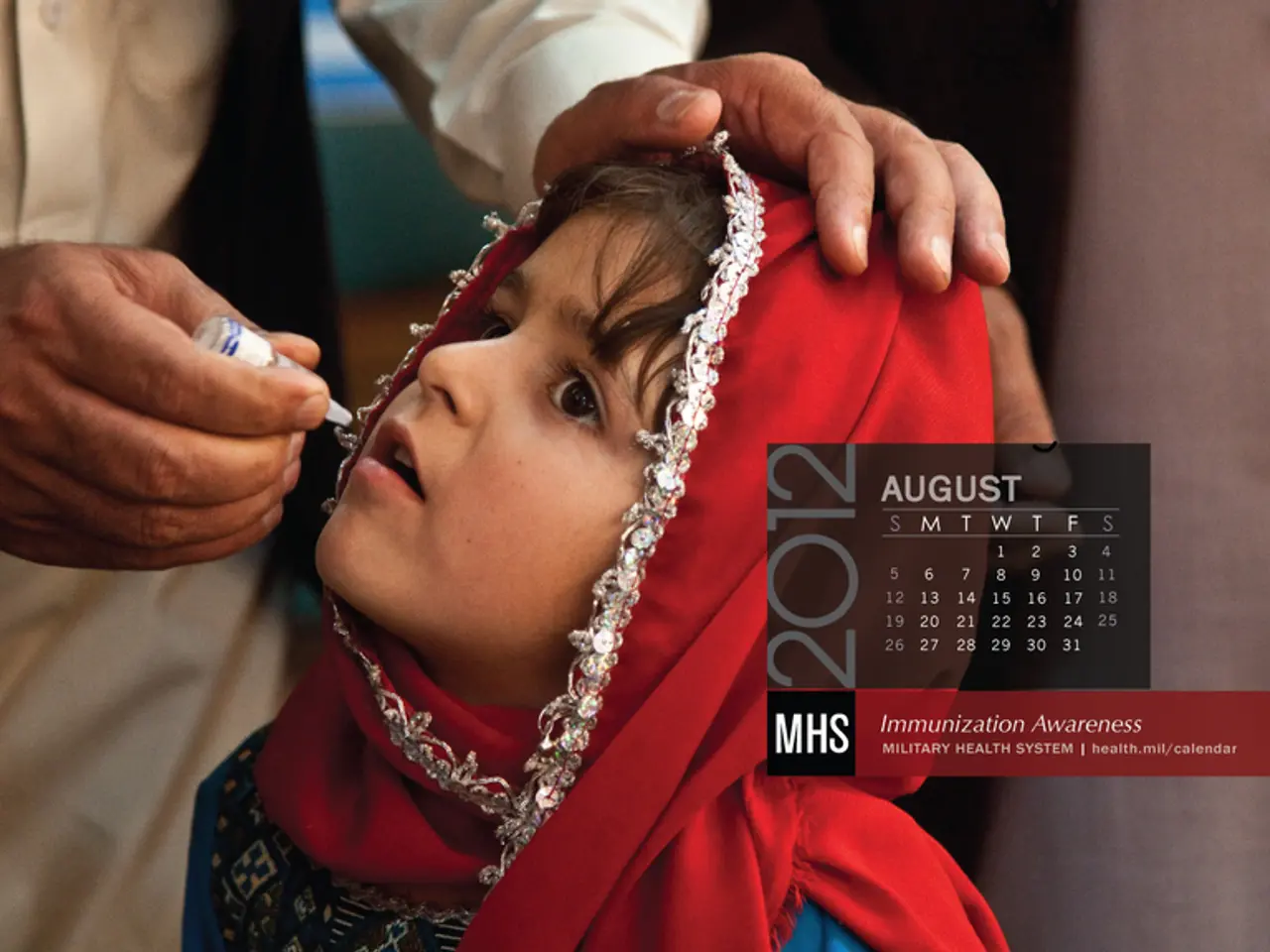Federal health authorities tighten restrictions on some advisors to the CDC's vaccine panel, controlling their participation in evidence evaluations
The US Centers for Disease Control and Prevention's Advisory Committee on Immunization Practices (ACIP) has taken a significant step in its decision-making process. This week, the committee sidelined a group of outside advisers, including liaison members from major medical groups, in an effort to eliminate perceived conflicts and biases.
Historically, these liaison members have provided non-voting independent expertise to ACIP subcommittees, known as workgroups, which undertake detailed evidence reviews of the safety and effectiveness of vaccines. However, under the new leadership at the Department of Health and Human Services (HHS) headed by Secretary Robert F. Kennedy Jr., these liaison members have been excluded.
The HHS official, who spoke on the condition of anonymity, stated that these liaison members are being deemed as "special interest groups" that are "expected to have a 'bias' based on their constituency and/or population they represent." The current administration is now selecting experts based on "relevant experience and expertise," rather than their organizational affiliations.
This move follows the firing of the original independent ACIP members and their replacement with a handpicked panel that includes individuals who have expressed skepticism about vaccines. The affected liaison groups, including the American Academy of Pediatrics, the American College of Physicians, the American Medical Association, and others, have expressed alarm and concern. They believe that their exclusion "is irresponsible, dangerous to our nation's health, and will further undermine public and clinician trust in vaccines" because they will no longer participate in reviewing scientific evidence and informing vaccine recommendations.
ACIP's charter specifies that approximately 30 specific groups should hold non-voting seats on the committee. If ACIP approves a recommendation, it's forwarded to the CDC director for consideration. However, with the exclusion of these liaison members, the review and development of vaccine recommendations may be affected.
Not everyone agrees with this decision. Dr. William Schaffner, an infectious disease expert, has criticized the move to exclude professional organizations from the process of making vaccine recommendations. He takes issue with the idea that liaison representatives are biased, implying a conflict of interest.
Meanwhile, the Vaccine Integrity Project is starting the process of making independent vaccination recommendations. The latest move comes more than a month after US Health and Human Services Secretary Robert F. Kennedy Jr. removed all 17 voting members of ACIP.
In the future, new outside experts may be invited to participate in the workgroups based on their expertise, but such inclusion will no longer be based on organizational affiliation. The goal is to reshape the advisory process by involving experts selected for their individual expertise rather than their institutional affiliations.
References: 1. The Hill 2. NPR 3. STAT News
- The exclusion of liaison members from major medical groups, such as the American Academy of Pediatrics and the American Medical Association, from the ACIP's decision-making process is causing concern within the health and wellness community, as these experts provide non-voting independent expertise on medical-conditions and vaccine safety.
- The move to eliminate these liaison members was spearheaded by the new leadership at the Department of Health and Human Services, who deemed them as "special interest groups" with potential biases based on their organizational affiliations. In their place, the department is now selecting experts based on "relevant experience and expertise."
- As a result of this policy-and-legislation change, the review and development of vaccine recommendations may be affected, and some argue that this could potentially have a negative impact on health in general-news, as well as erode public and clinician trust in vaccines.




